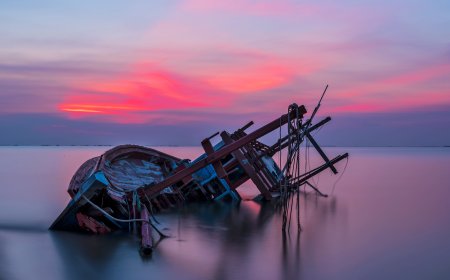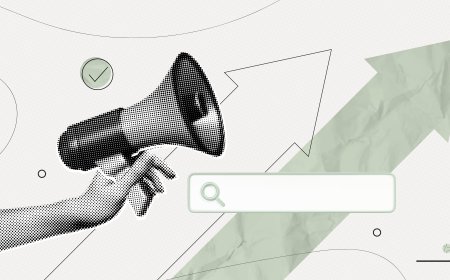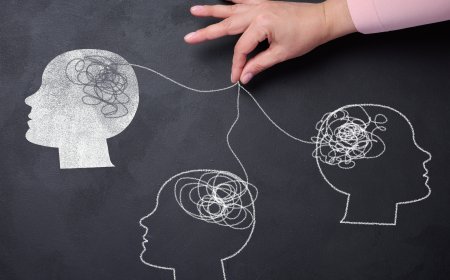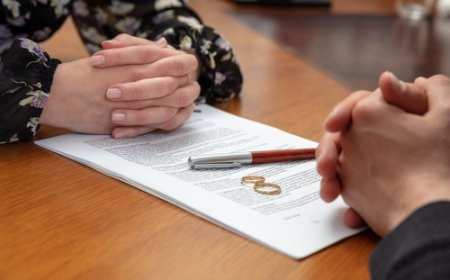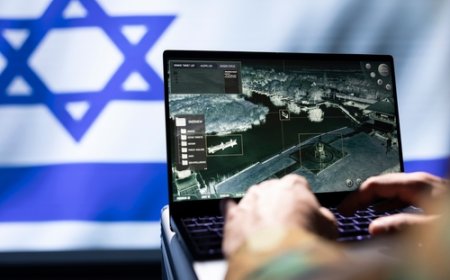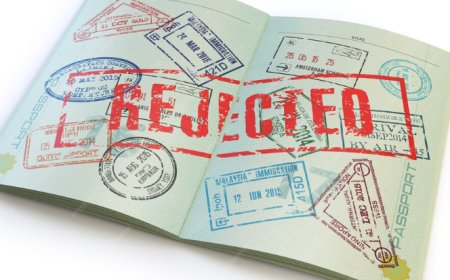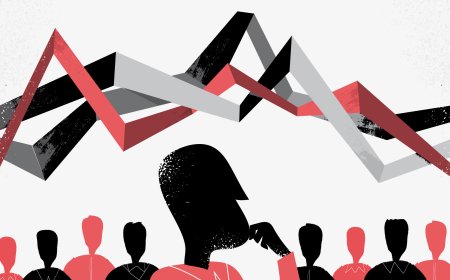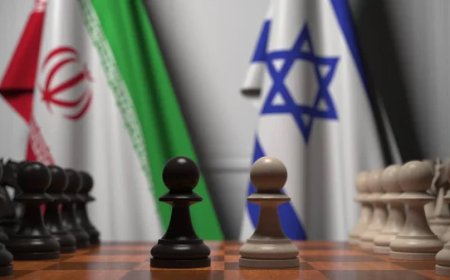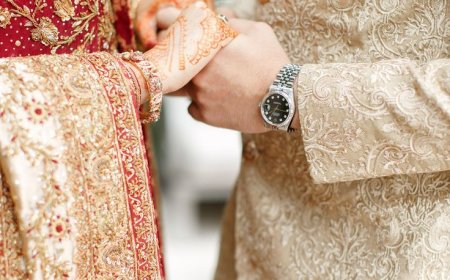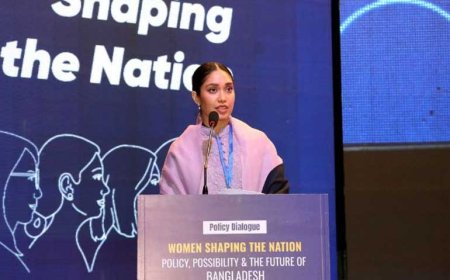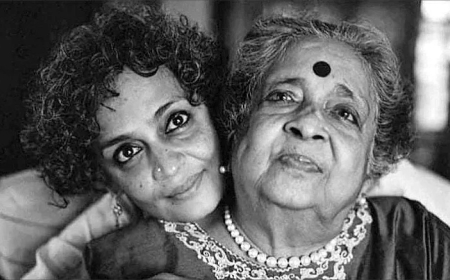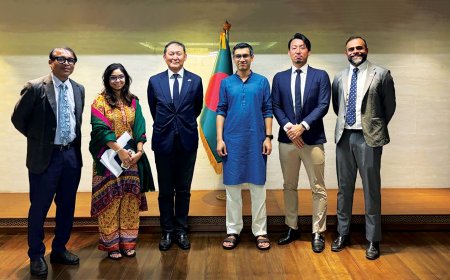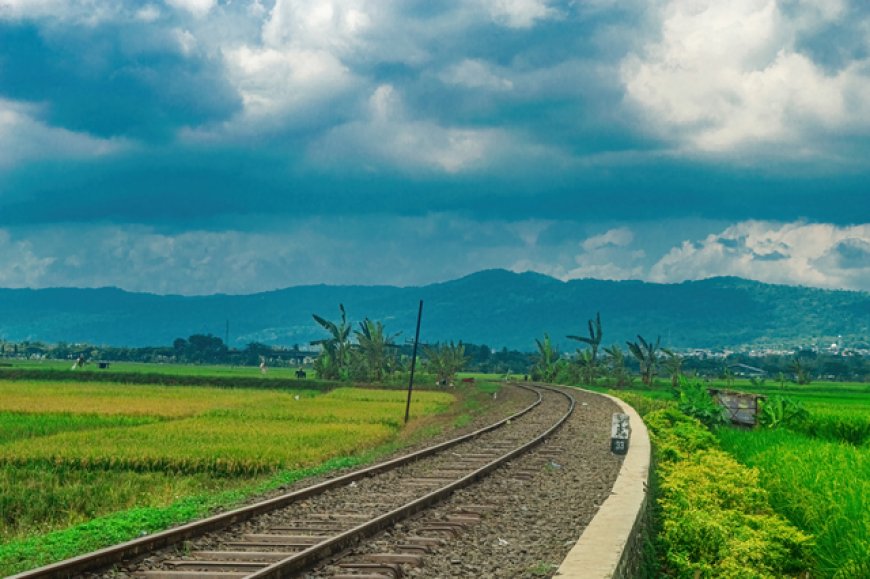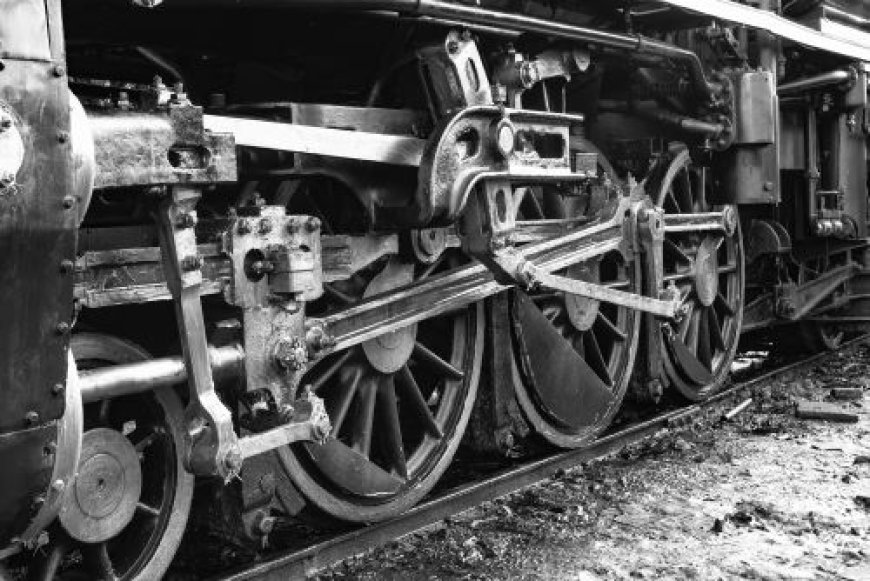Adventures On A Train Ride Across Bangladesh
Reflections on how Bangladesh has changed since the 1980s
My 1980s childhood in Dhaka was mostly spent at my maternal grandmother’s place, as my mother was pursuing a master’s degree from the University of Dhaka; her academic journey shaped both of our lives. She received an advanced degree in Islamic history, and my grandmother became the primary influence in molding my life. To this day, her side of the clan seems closest to me.
An early memory is my mother’s maternal cousin getting married in Sylhet during the mid-80s. During the eight-hour, 300-plus kilometer train ride back to Dhaka, the newlyweds were in first class, whereas the rest of us were chugging along in one of the back carriages of the diesel-powered locomotive.
Intercity rail travel was different back then. No cellphones to post social media content, no iPads to watch movies, so we had the traditional method of entertainment—conversations.
My elder cousin Sajib and I were staring out at the moon, and our cousin Shumaina joined in the viewing. Sajib explained to her how we can actually talk to the moon. Shumaina, being a few years younger than us, started asking the moon how it’s doing, and so forth. During the remaining nighttime, before going to sleep, hearing her conversations with the moon was our entertainment.
Things took a turn late at night, when an unknown man jumped into our reserved compartment, and said he would leave right at his nearby stop.
The women in the clan were convinced that this was a robbery attempt.
As the men were seated separately, my mother actually pulled in someone by hand so that my aunts could say, “Hey, get your guard up, this could be a robbery!”
Each time the unknown man puffed on his cigarette and blew smoke out the window, they were even more convinced that he was signaling the other bandits.
As the cigarette-puffing stranger finally left after a few stops, the post-wedding journey didn’t get derailed by highway robbery.
At daybreak, I vaguely recall the train door opening, and getting my face washed, while it was actually moving!
To see rail-side vendors within touching distance, and get a facewash at the same time is still memorable to this day.
My kid, born in the US, would never believe the boldness of Bangladeshi travelers.
When he is old enough to understand, I should show him photos of the train surfers of Bangladesh, sitting on the corroded metal roof while the locomotive is going 40 kilometers per hour, smoking away without a care for safety.
In the late-80s, my grandmother’s clan started moving to North America. My mother’s cousin who got married is settled near Detroit, Michigan, with his spouse. His brother-in-law is a city councilman at one of the suburbs, a testament to the growing Bangladeshi population.
One of the aunts in the train ride moved to Houston, Texas, in 1989. This fourth-largest city in the US now has a two-story Bangladesh Center, built on a four-acre land. Although my aunt has passed away, and is buried near her son’s residence in North Carolina, she would have been proud to see such a million-dollar accomplishment by the 35,000-strong Bangladeshi community.
Of the two cousins whom I mentioned, one works in human resources for a rail transportation firm in snowy Toronto (isn’t that ironic). The other is in sunny Fiji, finishing up a United Nations contract as a financial consultant.
We have built our lives, careers, and social circles as adults, going full steam ahead across the global landscape. Our lifestyles are varied, from being orthodox Muslims to non-religious, and politically ranging across the spectrum. Some have delved into culture and arts, while others have found solace in the mosque. I find it amazing that 65 siblings and cousins with such diverse lives came from the same household in Moulvibazar, Sylhet.
We haven't seen each other in years, but have a WhatsApp clan group chat with 50-plus members exchanging messages, photos, and videos, sharing snippets of our lives across the world, from Bangladesh to Britain to Canada.
I look at my 80s childhood in Dhaka and wonder about the simplicity of the times -- the population wasn’t teeming at the edges, roads looked cleaner, food was of good quality, healthcare was adequate, and entertainment was with the clan, be it picnics, going to restaurants, or just visiting each other. Of course, such are childhood observances, one didn’t have everyday challenges faced by adults, be it the bribes our parents had to pay for public services, the struggle for basic human dignity, or the elusive goal of grassroots democracy that goes on to this day.
As children in my grandmother’s clan, we didn’t know that most of us would immigrate into the western world for a possible better quality of life, there would be greater distance among second cousins after our grandparents passed away, and it would be a challenge for our children to just know their origins.
At that time, we were passengers on a train, talking to the moon.
What's Your Reaction?







